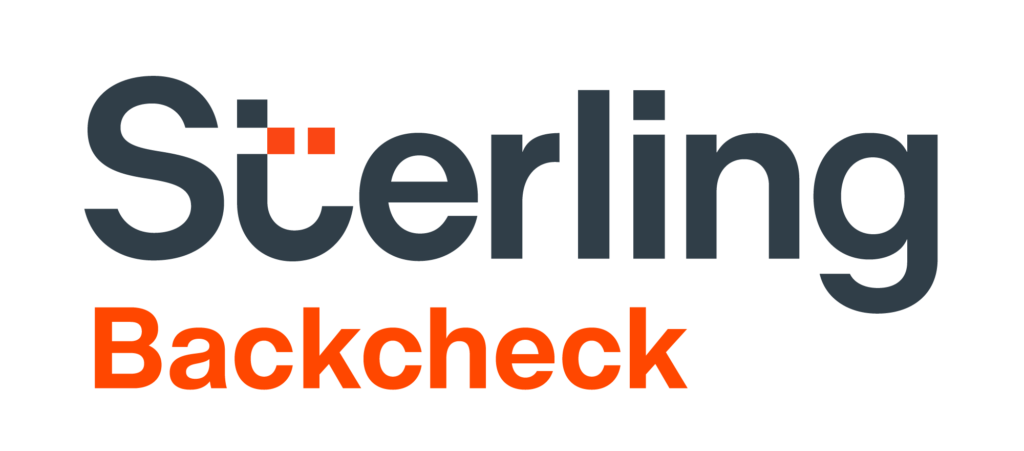Digital ID and Authentication Council of Canada (DIACC) welcomes the Canadian Centre for Cyber Security, City of Toronto, Deloitte, the Province of Quebec, and VISA as members.
Toronto, June 1, 2021 — Governments and businesses across Canada are embracing the opportunities presented by digital ID to deliver secure, trusted and privacy-enhancing digital services to enable Canadians to transact efficiently and securely online. As Canada’s community of public and private sector digital ID leaders, the DIACC is pleased to welcome the Canadian Centre for Cyber Security, City of Toronto, Deloitte, the Province of Quebec, and VISA as members.
“Today, more than ever before, our communities, our businesses, and our citizens are looking to the leaders within the DIACC to help deliver a robust, secure, trusted digital ID ecosystem that works for all Canadians. Our economy depends on it,” stated David Nikolejsin, Chair of the DIACC Board.
“We are thrilled to welcome this new cohort of public and private sector members to the DIACC,” said Joni Brennan, DIACC President. “With over 100 members including the government of Canada, provincial governments, municipal governments, financial institutions, telcos, technology companies, consulting companies, SMEs, academic partners, international organizations, and nonprofits, the DIACC is Canada’s largest and most inclusive community of digital ID leaders.”
“When the DIACC began nearly a decade ago, it was a small group of passionate public and private sector organizations committed to unlocking economic opportunities for Canadian consumers and businesses while protecting and promoting Canadian values and perspectives in the digital economy,” said Eros Spadotto, EVP, Telus.
“Building on the vision of the founding members, the non-profit DIACC coalition has grown to over 100 private and public sector leaders who are working together towards establishing an interoperable ecosystem that Canadians can use with confidence,” added Robert Devries, Assistant Deputy Minister Platforms, Ontario Digital Service.
In 2020 the DIACC delivered on that vision with the launch of the Pan-Canadian Trust Framework™, a robust, privacy-enhancing trust framework shaped by Canadian values that permits trusted digital identity and provides clear guidelines on digital interoperability.
Recent research by the DIACC underlines Canadians’ desire for, and expectation of secure, trusted and convenient digital transactions – a desire that has increased as a result of the pandemic.
“From receiving emergency pandemic benefits to ensuring health records are correct and helping children and youth with online education, there are many ways in which a secure digital ID is essential to the functioning of daily life during a pandemic – and beyond,” added CJ Ritchie, CIO of the Government of British Columbia.
According to the DIACC research, the majority of Canadians believe it is important for federal and provincial governments to move quickly on enabling digital ID in a safe and secure manner, according to the survey. It also shows that collaboration between governments and the private sector continues to be considered the best approach to create a pan-Canadian digital ID framework.
With the addition of these new members and increasing demand from Canadians, it is clear that there is no better time for governments and businesses to invest in making digital ID a national public policy priority.
ABOUT THE DIACC
The DIACC is a non-profit coalition of public and private sector leaders committed to developing a Canadian digital identification and authentication framework to enable Canada’s full and secure participation in the global digital economy. The DIACC was created as a result of the federal government’s Task Force for the Payments System Review and members include representatives from both the federal and provincial levels of government as well as private sector leaders.
FOR MORE INFORMATION
Krista Pawley
416-270-9987


